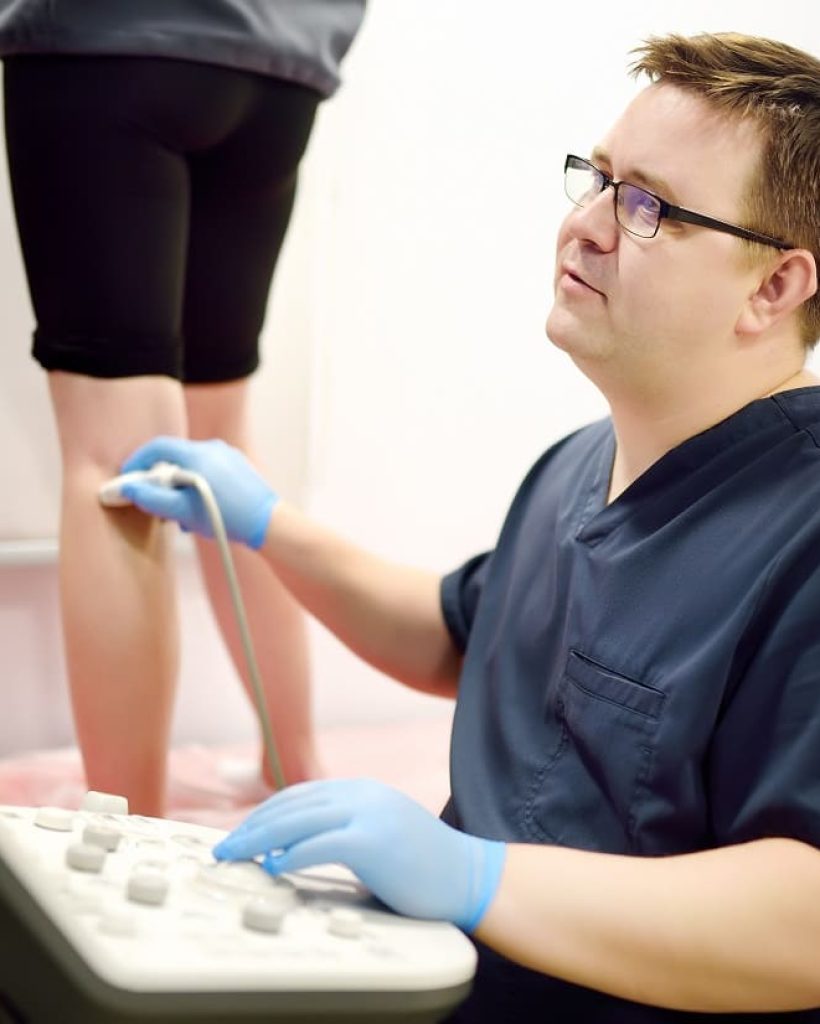Urgent Care UTI Testing & Treatment
Common Symptoms of UTIs
Urinary tract infections can manifest with symptoms ranging from mild discomfort to severe pain. Awareness of the common signs and symptoms can help you recognize when it’s time to seek medical attention. Some of the most common signs of UTIs include:
● Frequent or Urgent Need to Urinate
● Burning Sensation During Urination
● Cloudy Urine
● Lower Abdominal Pain
● Strong or Foul-Smelling Urine
● Fever or Chills


UTI Testing & Treatment Services Offered
Lab Testing
A physical examination may be performed to assess any tenderness or pain in the abdomen or lower back. We may also collect a urine sample to perform a urinalysis to look for signs of infection and a urine culture to identify the specific bacteria causing the UTI.
Prescription Medications
Treatment for UTIs often include antibiotics to help eliminate the bacteria causing the infection. Some patients may also require medication to alleviate the discomfort they have when urinating.
UTI Education
We provide education for at-home care to promote urinary tract health and prevent future infections. Topics may cover dietary changes, personal hygiene, and when to come back in for a check-up.
What Causes a UTI?
- Bacterial Infection: The most common cause of UTIs is an infection by bacteria, such as Escherichia coli (E. coli), which can enter the urinary tract through the urethra.
- Improper Hygiene: Poor hygiene practices, such as wiping from back to front after using the toilet (for women), can introduce bacteria into the urinary tract.
- Sexual Activity: Certain sexual activities, such as unprotected intercourse or the use of spermicides, can increase the risk of UTIs by introducing bacteria into the urinary tract.
- Structural Abnormalities: Anatomical or structural abnormalities in the urinary tract, such as kidney stones or an enlarged prostate, can obstruct urine flow and increase the risk of UTIs.
- Weakened Immune System: Individuals with compromised immune systems, such as those undergoing chemotherapy or with certain medical conditions like diabetes, are more susceptible to UTIs.
- Catheter Use: Catheters, tubes inserted into the bladder to drain urine, can increase the risk of UTIs by providing a direct pathway for bacteria to enter the urinary tract.
- Pregnancy: Hormonal changes and pressure from the growing fetus during pregnancy can increase the risk of UTIs in women.


